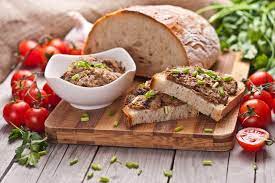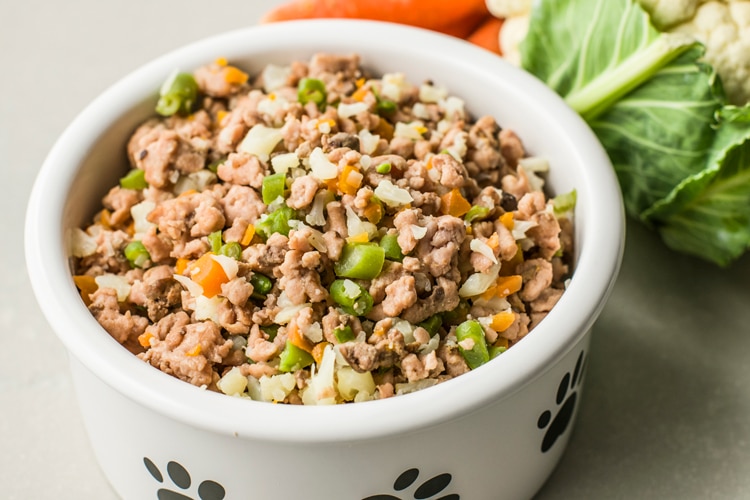No matter your age, making healthy food choices is smart. As you age, your body will change. As you get older, food provides the nutrients that you require. These tips will help you choose the right foods and beverages to improve your health at every stage of your life.
Get plenty of fluids.
You may experience a decrease in your thirst with age. Keep hydrated You can also stay hydrated by drinking low-fat, fat-free milk or 100% fruit juice. Limit the intake of added sugars and salty beverages. Find out which liquids are better.
Make eating social.
Enjoying meals with friends makes them more enjoyable. Invite a friend along or participate in a potluck once a week. Sharing meals with others may be possible at a senior center or church. You have many options to make meals enjoyable.
Social Events during COVID-19
Ensure that any activity you plan during the COVID-19 epidemic follows CDC guidelines. Instead of hosting a dinner at a senior center, church or another place of worship, host a virtual dinner party and take part in an online cooking class.
Plan healthy meals
National Institute on Aging provides trusted nutrition information. Get advice about what to consume, how to eat and which food to choose. All based on the Dietary Guidelines for Americans. You can make delicious meals sensibly and flexibly so that you have the food you want.
How much food should you eat?
You can learn to control your portion sizes by identifying the right amount to eat. Take a portion of your meal with you when dining out. Two meals might be sufficient from one restaurant dish.
Variegate your vegetables
You can include a variety of colored, flavored, or textured vegetables. Vegetables are low-calorie sources of nutrients. Vegetables are also good sources of fiber.
Take care of your gums and teeth.
Many people notice that their gums and teeth become more brittle as they get older. Sometimes, people with dental problems have difficulty chewing fruits, vegetables, and meats. Do not miss the necessary nutrients! Softer foods are a good option. You can also try canned or cooked foods such as unsweetened fruits, low-sodium soups or canned tuna.
Use herbs and spices
As you get older, food may lose its flavor. It could be that your favorite dishes taste different. Your senses of taste or smell may have changed. Foods may taste different if you use medicines. Spices and herbs can add flavor to your dishes.
Food safety
Do not take chances with your health. A food-related disease could be life-threatening for an older adult. Food that isn’t safe should be thrown out. Avoid foods that could be dangerous for older people, such as unpasteurized milk foods. Raw or undercooked foods, such as eggs and sprouts, can cause serious health problems.
Check the Nutrition Facts label.
When shopping for food, make the right choices. Be aware of important nutrients, as well as calories and fats. Ask your doctor about any ingredients or nutrients you may need to reduce or increase.
Ask your doctor for information about vitamins and supplements.
The best way to get the nutrients you need is through food. Vitamins or any other tablets or powders containing herbs and minerals are you allowed to take? These are called diet supplements. If you require them, your doctor will let you know. Sometimes, more is not better. They can cause side effects or interfere with your medications.




